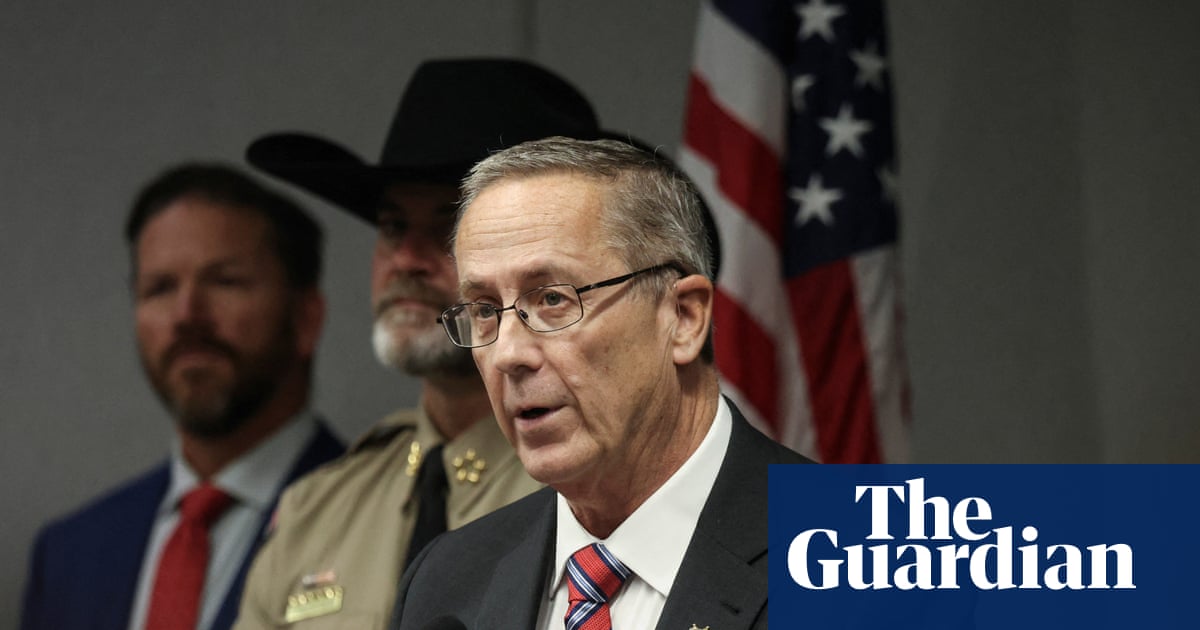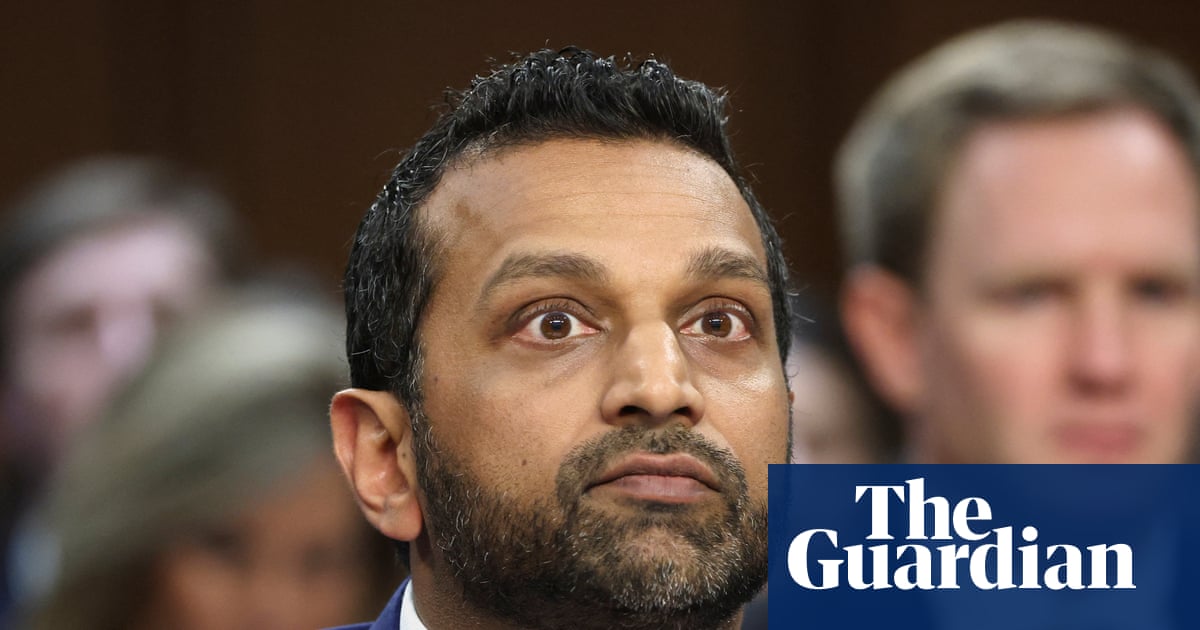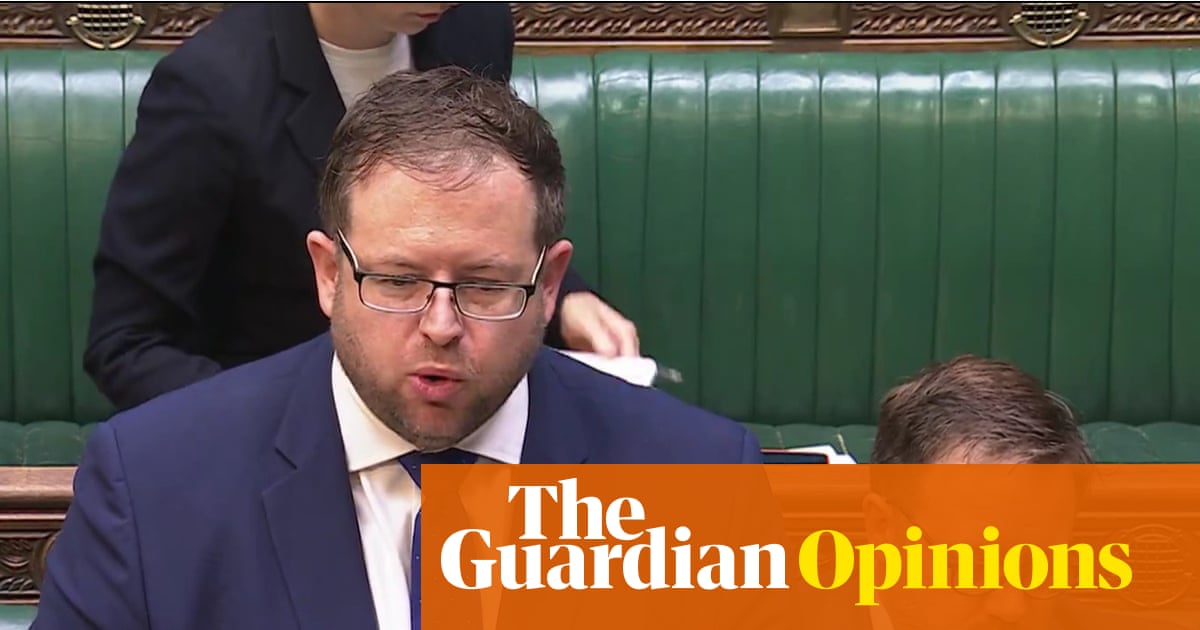Europe’s latest presidential election appears to have delivered not a statesman but a slogan – “Poland first” – and with it, a rebuke to the centrist prime minister, Donald Tusk. Poland’s new head of state will be Karol Nawrocki, a conservative historian endorsed by Donald Trump. Mr Nawrocki’s improbable rise – from relative obscurity to the presidency – signals the unfortunate entrenchment of nationalist grievance in Polish politics.
He now stands poised to paralyse Mr Tusk’s agenda and perhaps derail Polish access to European funds – using his presidential power of veto to block government legislation or simply relying on the influence of the conservative constitutional court. Key reforms – judicial overhaul, civil partnerships and abortion rights – are off the table. For a country that once dreamed of anchoring the EU’s eastern flank, it is a backward lurch.
Mr Tusk’s government is a coalition born out of a determination to oust the nationalist-conservative Law and Justice party (PiS), which gained full control of government in 2015 and implemented sweeping changes to the judiciary, media and education. Clashes with Brussels over rule-of-law concerns were a feature of its time in office. However, Mr Tusk’s ideologically diverse alliance is fraying under the weight of its own contradictions. Bound more by opposition to the previous regime than a cohesive vision, the coalition has stumbled, hindered by internal conflict between agrarian conservatives and urban progressives. It had hoped its liberal candidate could break the deadlock.
As a historian, Mr Nawrocki will be familiar with PiS’s winning strategy. This mixes reactionary populism with a cultural reprogramming that seeks to rewrite Poland’s recent past to polarise opinion. The party aims to renarrate the country’s history with controversial interpretations of Poland’s role in the Holocaust, “decommunisation” and a left-sounding critique of post-1989 economic liberalism.
Mr Nawrocki triumphed by tapping conservative, rural and anti-elite sentiment, but also by posing as an outsider. A political novice and former head of a state historical institute, he carried no party baggage and could disavow past PiS failings while vowing to block Mr Tusk at every turn. His blend of historical populism and Euroscepticism struck a chord in a Poland still wrestling with its past and wary of Brussels. Meanwhile, Mr Tusk’s popularity is eroding and his authority is weakening: the left calls him ineffective, the right accuses him of betrayal. His hope that voters would tolerate paralysis for the sake of stability has proven misplaced. With President Nawrocki in office until 2030, key reforms are blocked and a second term in 2027 looks unlikely. A resurgent PiS and rising far-right Confederation threaten to consolidate an illiberal majority.
Mr Tusk may pursue secondary legislation to get his way. He is calling his allies’ bluff with a confidence vote. However, unless the coalition proves it can govern, disillusionment will deepen. Poland’s economic success – rooted in EU funds, German supply chains and monetary sovereignty – has produced a paradoxical politics. As Jarosław Kuisz observes in The New Politics of Poland, PiS took Brussels’ money while scorning its values. Mr Tusk must defend democracy not just with words but with outcomes. If pro-European governments cannot deliver tangible change, voters will fall for the empty authoritarian promises of certainty. To defeat the populist right, Europeans must prove that democracy works – not just in principle, but in people’s lives.
-
Do you have an opinion on the issues raised in this article? If you would like to submit a response of up to 300 words by email to be considered for publication in our letters section, please click here.

.png) 3 months ago
40
3 months ago
40

















































